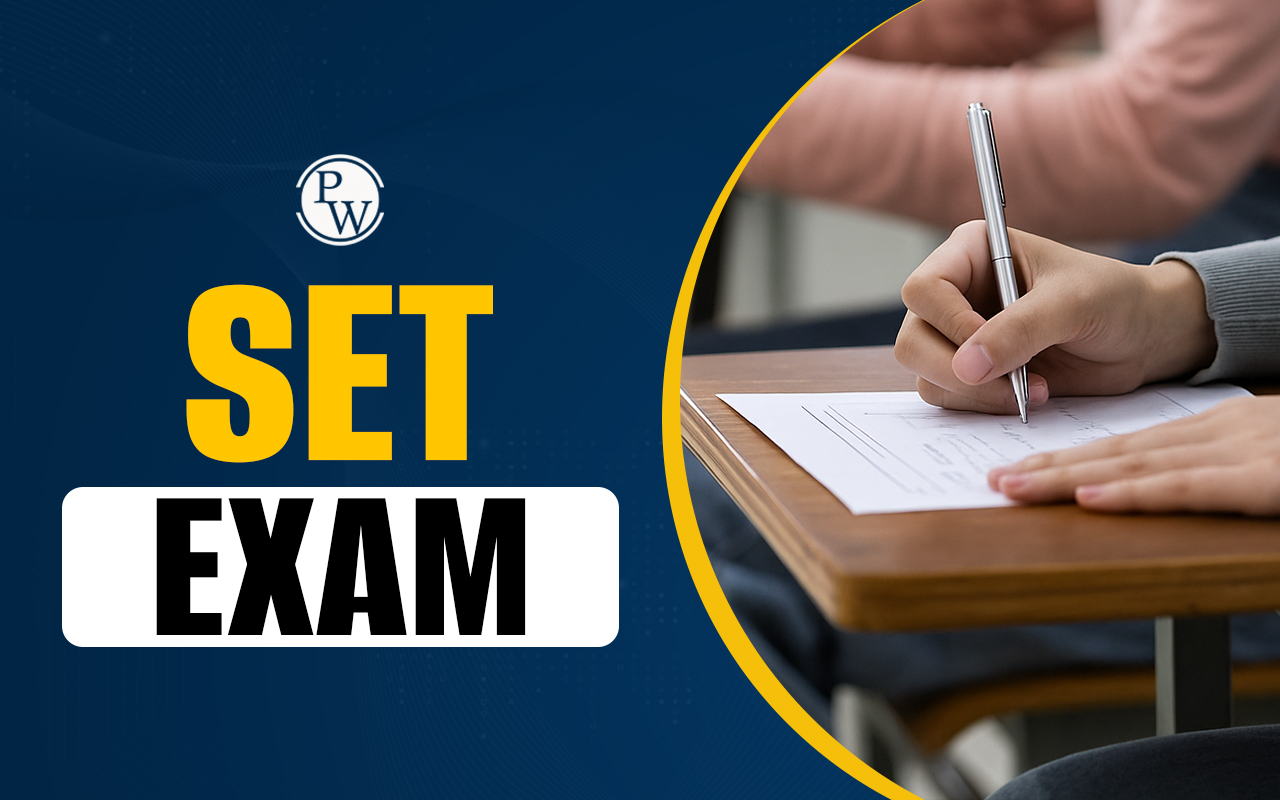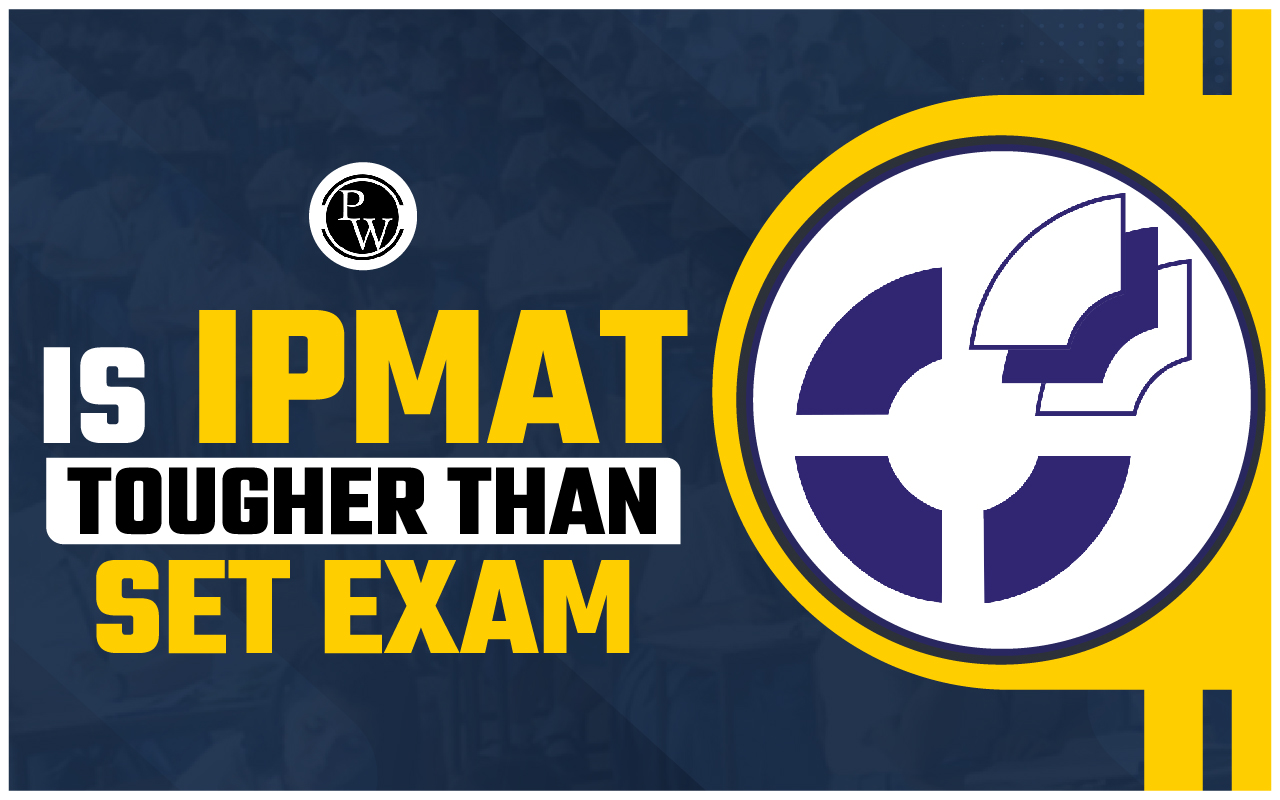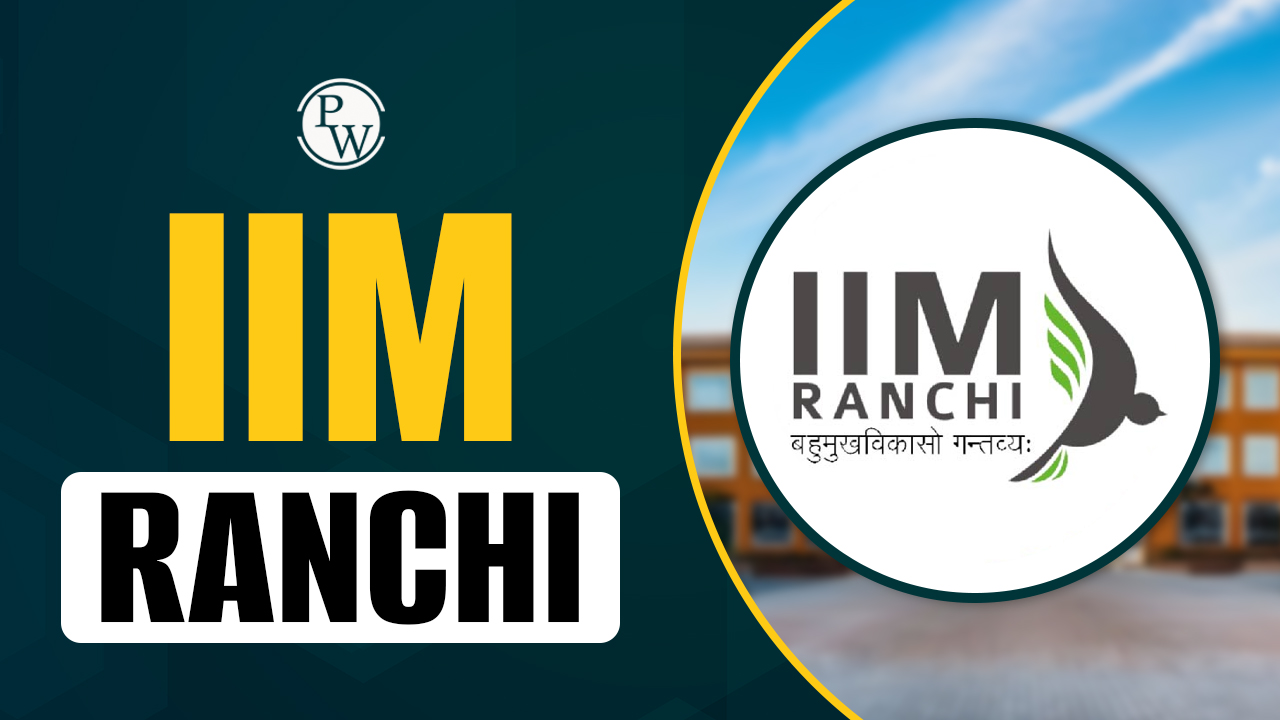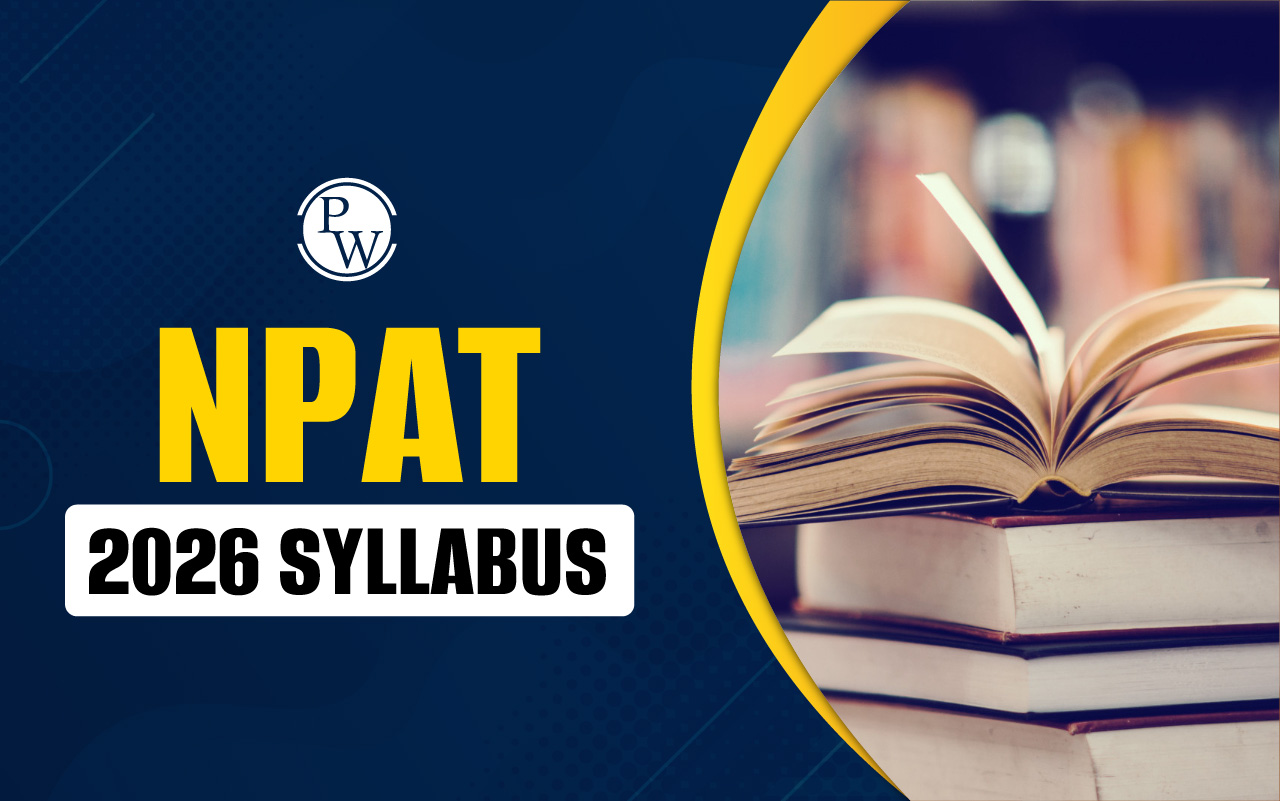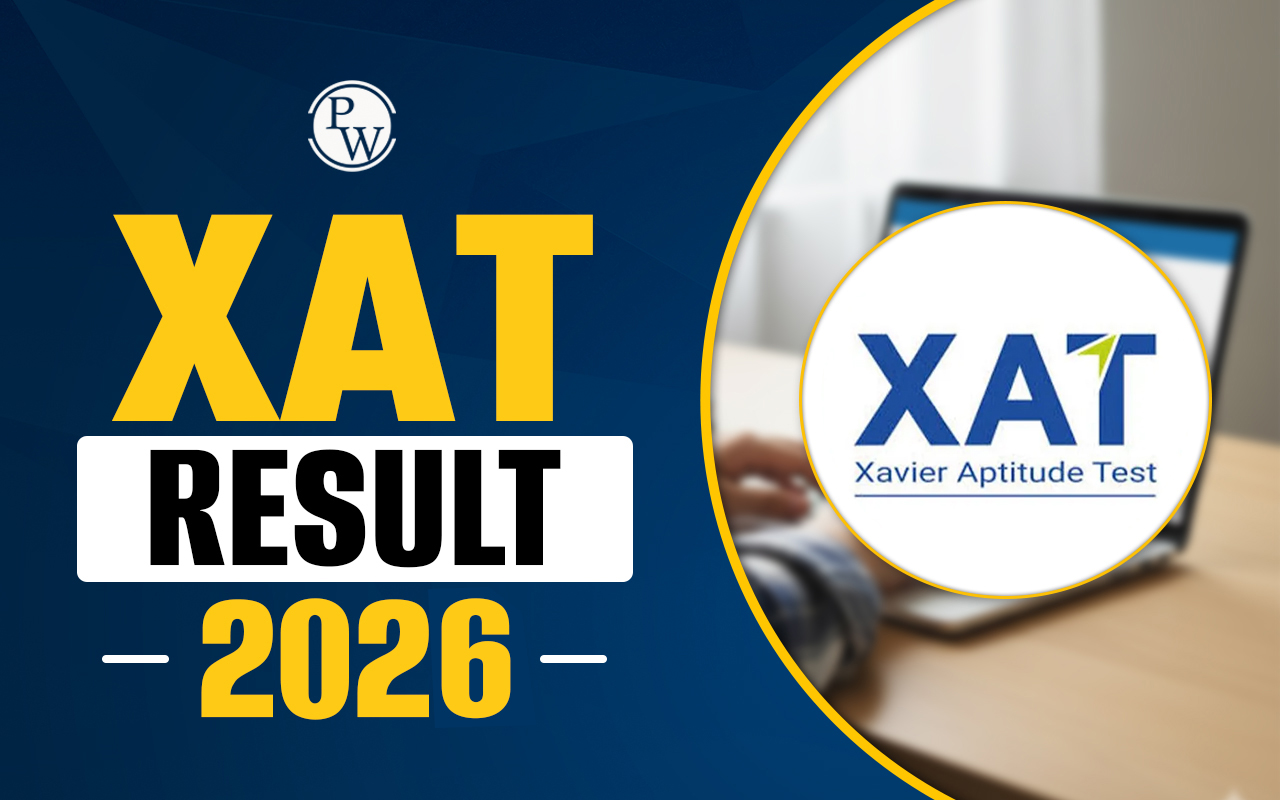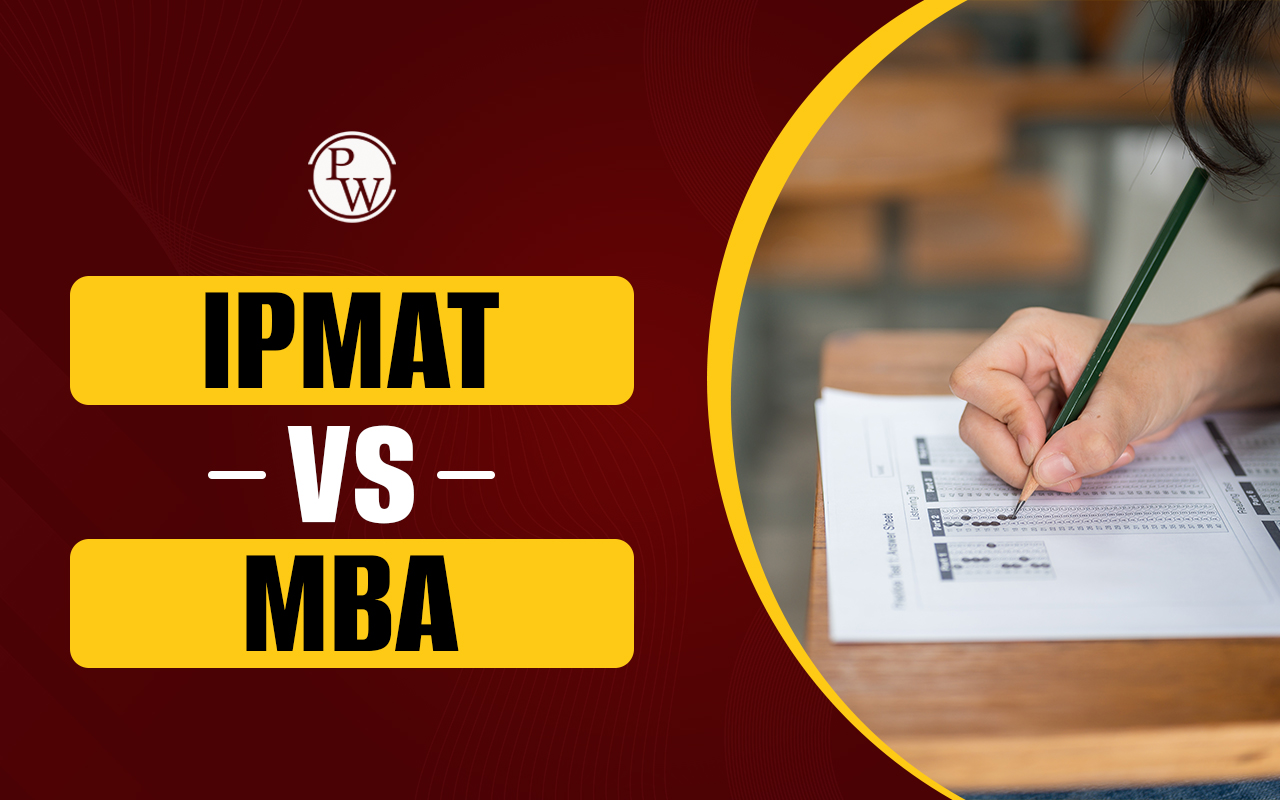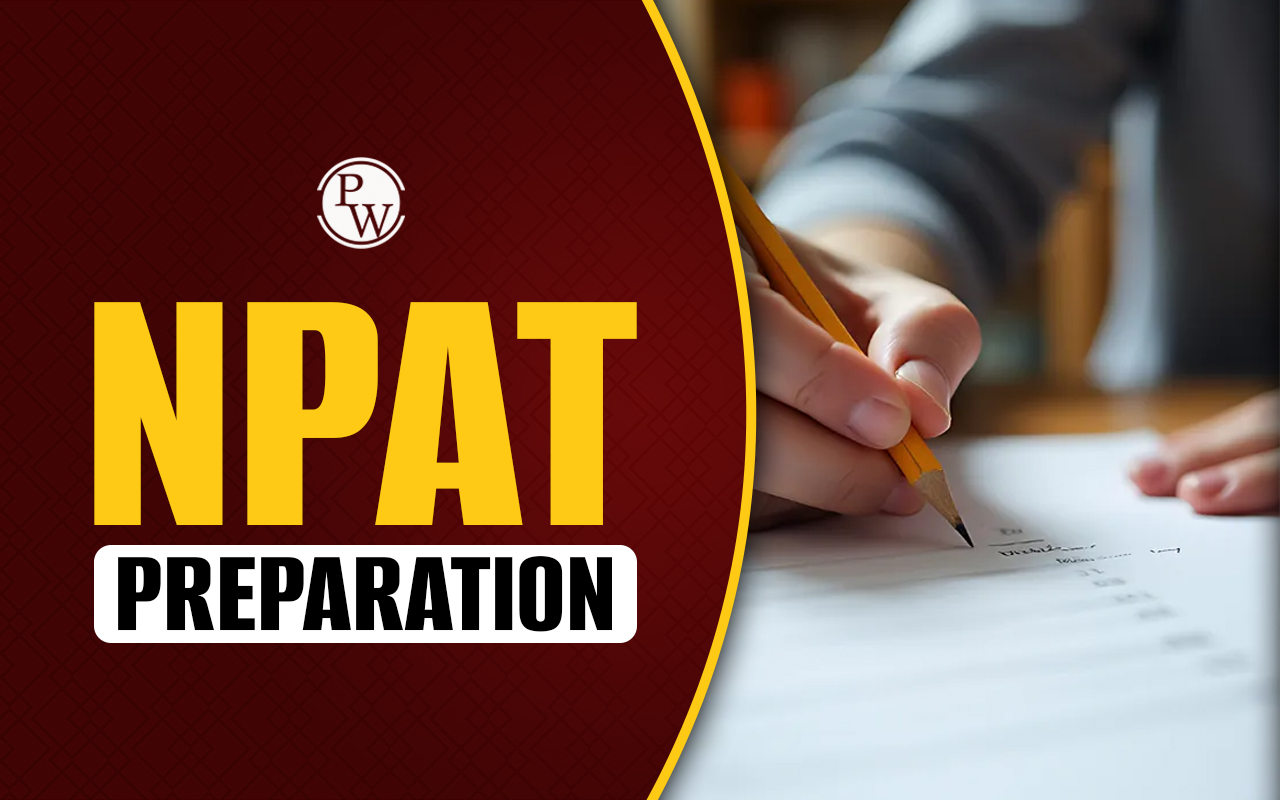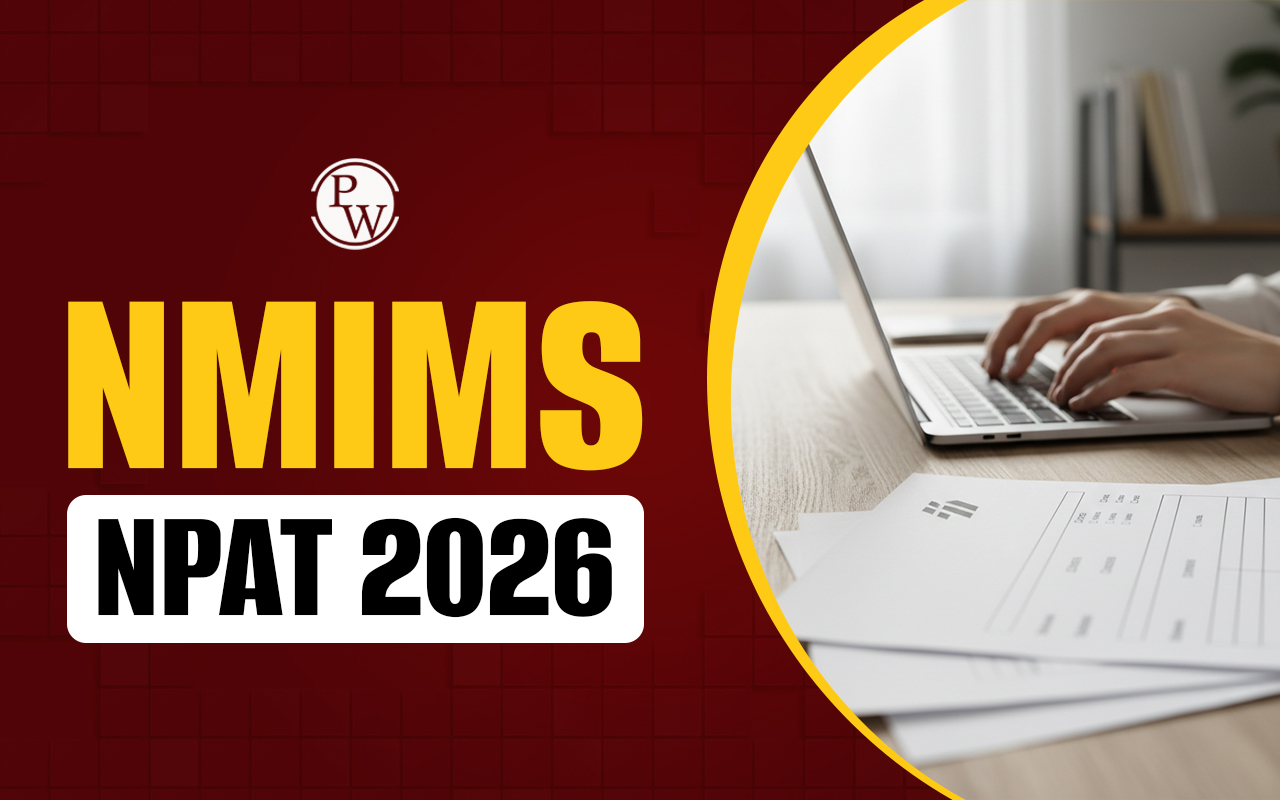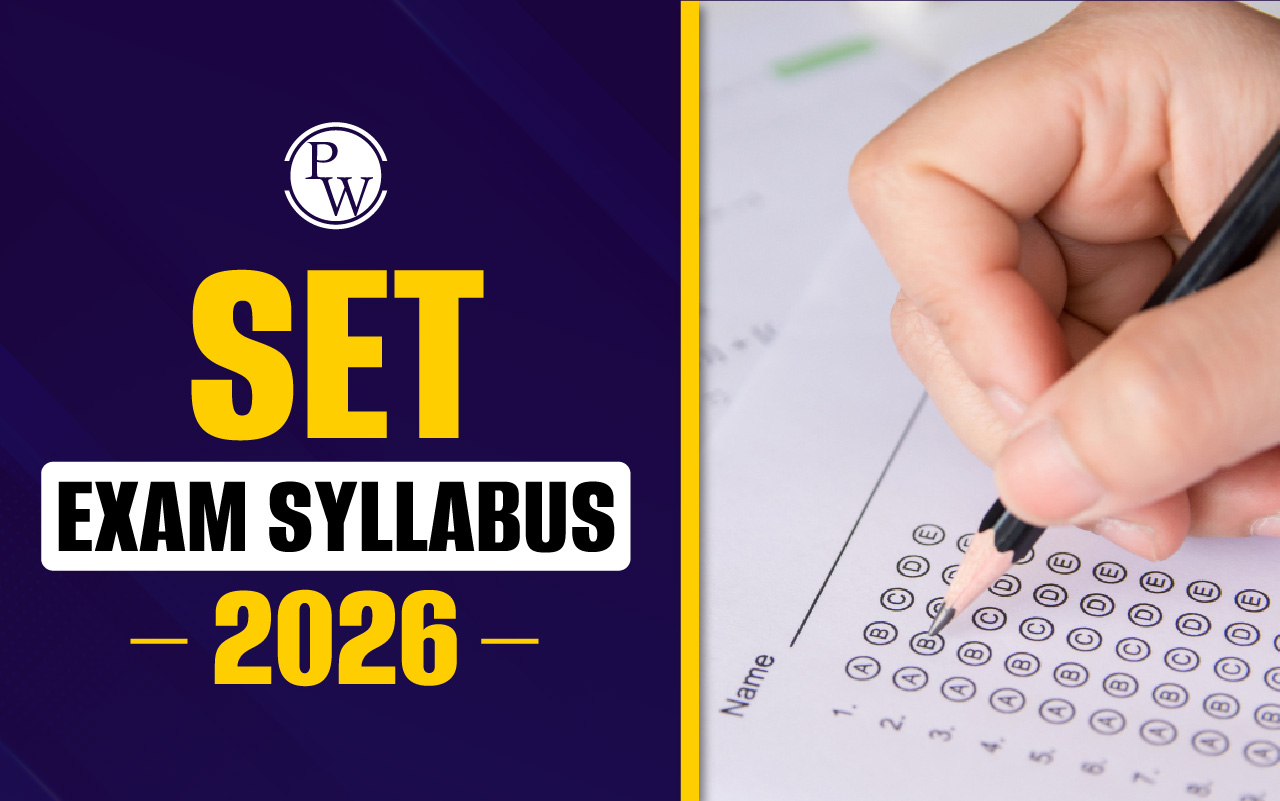
Applied Maths vs Core Maths: Students preparing for IPMAT often face the choice between Applied Mathematics and Core Mathematics. Both subjects are important, but they serve different purposes and suit different career paths. Understanding the difference between applied maths and core maths, or core math vs applied math, is essential for making the right academic decision.
Applied Mathematics focuses on using math to solve practical problems in fields like commerce, economics, and social sciences. It is useful for students who want to develop real-world quantitative skills.
Core Mathematics emphasizes a deeper understanding of math concepts, theories, and problem-solving, making it ideal for students interested in engineering, physics, or pure mathematics. Students often wonder whether to choose core maths or applied maths based on their career goals.
Applied Maths vs Core Maths
Applied Maths focuses on using mathematical concepts to solve practical problems in fields like business, economics, and social sciences. It is designed to be relevant to daily life and real-world situations, often making it easier to understand for many students. Core Maths (or standard/pure maths), on the other hand, is more about building a strong foundation in abstract mathematical concepts and logical reasoning, which can be more theoretical and prepares students for technical or science-related pathways
Applied Maths vs Core Maths: IPMAT Preparation
For the Integrated Programme in Management Aptitude Test (IPMAT), knowing the difference between applied maths and core maths is important. Both have unique applications that affect preparation strategies.Difference Between Core Maths and Applied Maths
The key difference between core maths and applied maths is that Applied Maths is practical and focuses on real-life problems, while Core Maths deals more with pure numbers and theoretical concepts. Applied Maths uses maths in day-to-day scenarios and across various fields like physics and economics, whereas Core Maths lays the groundwork for advanced mathematical study through abstract topics like algebra and calculus.
- One key part of this exam is the math section, which tests students on different math topics and how to use them.
- Many students preparing for IPMAT often wonder what is the difference between core maths and applied maths and which one will be more helpful in their preparation.
| Applied Maths vs Core Maths: IPMAT Preparation | ||
| Feature | Applied Mathematics | Core Mathematics |
| Focus | Solves real-world problems using math models | Explores and develops maths theories |
| Applications | Useful in fields like commerce, economics, and social sciences | Mainly theoretical, focusing on abstract concepts |
| Skills Required | Computational skills, understanding real-world scenarios | Problem-solving, logical thinking, and proof creation |
| Typical Topics | Statistics, Operations Research, Financial Mathematics | Algebra, Calculus, Real Analysis |
| Outcome | Practical solutions for various careers | Deep knowledge for academic or technical fields |
Overview of IPMAT and Its Structure
The IPMAT typically consists of three main sections: Quantitative Ability (QA) , Verbal Ability (VA) , and sometimes Logical Reasoning (LR) . The QA section is particularly significant, as it comprises a substantial portion of the exam. Candidates must familiarize themselves with the exam pattern and syllabus to devise effective preparation strategies.Key Sections of IPMAT
Here is the required key sections of IPMAT exam listed below:| Key Sections of IPMAT Exam | ||
| Section | Number of Questions | Types of Questions |
| Quantitative Ability | 30 MCQs + 15 Short Answers | Arithmetic, Algebra, Geometry, Data Interpretation |
| Verbal Ability | 45 | Reading Comprehension, Grammar, Vocabulary |
| Logical Reasoning | 40 | Syllogisms, Blood Relations, Puzzles |
Importance of Math in IPMAT Preparation
For IPMAT aspirants, mastering mathematics is crucial as it constitutes a significant portion of the exam. Candidates with a strong foundation in mathematics tend to perform better. Therefore, choosing between core math vs applied math should align with a student’s strengths, interests, and career goals.Math Preparation Strategies for IPMAT
Here is the required Math Preparation Strategies for IPMAT listed below:
-
High Weightage Topics: Focus on topics that frequently appear in the exam such as:
-
Profit and Loss
-
Percentages
-
Data Interpretation
-
Algebra
-
Geometry
-
Practice Regularly: Regularly solving a variety of problems enhances comprehension and prepares candidates for the exam's challenges.
-
Master Concepts: Building a solid understanding of fundamental concepts in both applied and core mathematics will help in tackling complex problems effectively.
-
Mock Tests: Practicing with mock tests helps familiarize candidates with the exam format and time management.
Applied Math IPMAT Preparation
For students leaning towards applied mathematics in their preparation for IPMAT:- Focus on Practical Applications : Emphasize understanding how mathematical concepts apply to real-world scenarios.
- Utilize Resources : Utilize online courses and coaching that specialize in applied mathematics to enhance learning.
- Group Studies : Collaborating with peers can provide different perspectives on problem-solving techniques.
Core Math for IPMAT Preparation
Students opting for core mathematics should consider the following strategies:- Deep Dive into Theories : Invest time in understanding the underlying theories that govern mathematical principles.
- Engage with Advanced Problems : Challenge yourself with higher-level problems that require critical thinking and logical reasoning.
- Seek Guidance from Experts : Consider enrolling in coaching classes that focus on core math concepts relevant to IPMAT.
Comparing Applied vs Core Math for IPMAT Success
The choice between applied math and core math can significantly impact a student's preparation strategy for IPMAT. Here are some considerations:- Interest and Strengths : Students who enjoy theoretical aspects may find core math more engaging, while those interested in practical applications might prefer applied math.
- Career Goals : If students aim for careers in fields like engineering or finance, applied math may be more beneficial. Conversely, those considering academia or research might benefit from core math.
- Exam Strategy : Regardless of the choice between applied or core math, students should focus on mastering key topics that are heavily weighted in the exam.
Applied Maths vs Core Maths FAQs
What is the difference between Applied Mathematics and Core Mathematics for IPMAT?
Which is better for IPMAT preparation: Applied Math or Core Math?
Does Applied Mathematics cover topics needed for the IPMAT exam?
Is Core Mathematics harder than Applied Mathematics for IPMAT?
How do I decide between Applied and Core Mathematics for IPMAT?
Will choosing Applied Maths affect my college admissions?
Can I switch from Applied Maths to Core Maths later?


